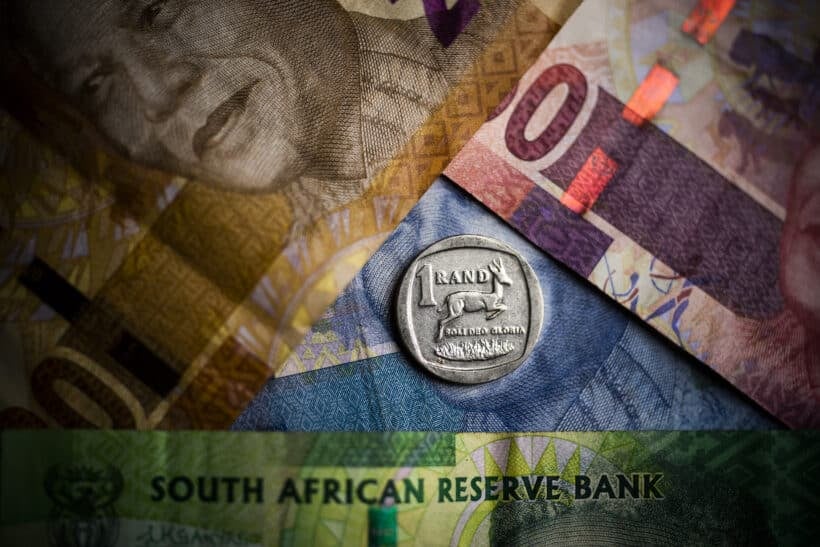
JOHANNESBURG, April 17 (Reuters) – South Africa’s rand weakened early on Thursday against a firmer dollar, as markets awaited information on U.S. tariffs and local investors looked for news on the future of the coalition government.
At 0635 GMT, the rand traded at 18.8550 against the U.S. dollar, about 0.2% weaker than its previous close.
The dollar last traded about 0.3% stronger against a basket of currencies.
“Ahead of the Easter long weekend, investors will be reluctant to take on any significant market position. There are so many daily changes that doing so would be risky,” ETM Analytics said in a research note.
U.S. President Donald Trump met with Japanese officials on Wednesday, in one of the first rounds of face-to-face talks since his tariffs on most countries roiled markets and stoked recession fears.
Markets were also processing comments from Federal Reserve Chair Jerome Powell, who warned of the risk of slowing growth and rising prices due to tariffs.
Like other risk-sensitive currencies, the rand takes direction from global drivers such as U.S. economic policy in addition to domestic factors.
Local investors will eye developments around a budget stand-off between the two biggest parties in the coalition government, the African National Congress (ANC) and the Democratic Alliance (DA), over a proposed value-added tax (VAT) hike on May 1.
The pro-business DA voted against the budget’s fiscal framework in parliament and is challenging the VAT hike in court, raising concerns among investors over the stability of the coalition government.
“All of (South Africa’s) domestic political developments are not taking place in isolation. On the contrary, if left unresolved, they may compound an already uncertain international environment,” ETM Analytics said.
“The ZAR is therefore expected to trade cautiously with one eye on local developments and the other on the performance of the USD.”
South Africa’s benchmark 2030 government bond was firmer in early deals, with the yield down 2 basis points to 9.16%.
(Reporting by Tannur Anders; Editing by Jamie Freed)

